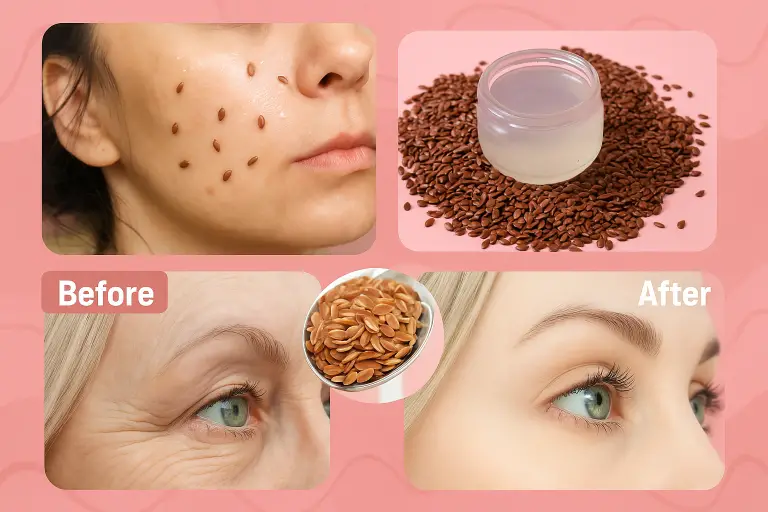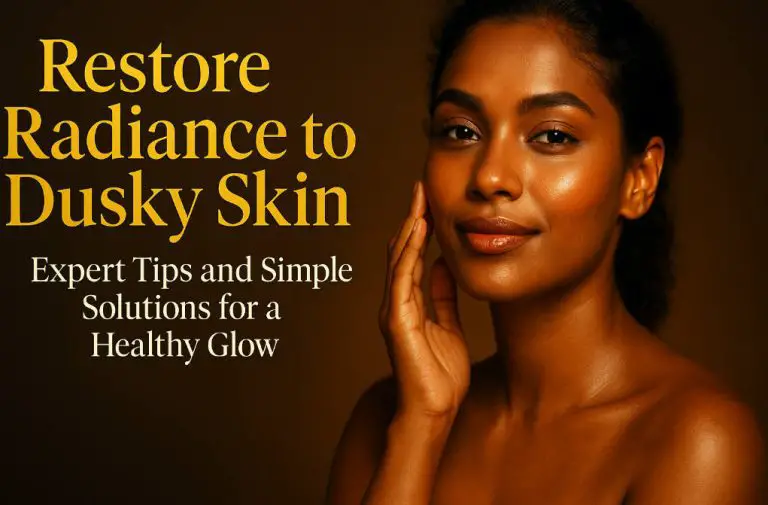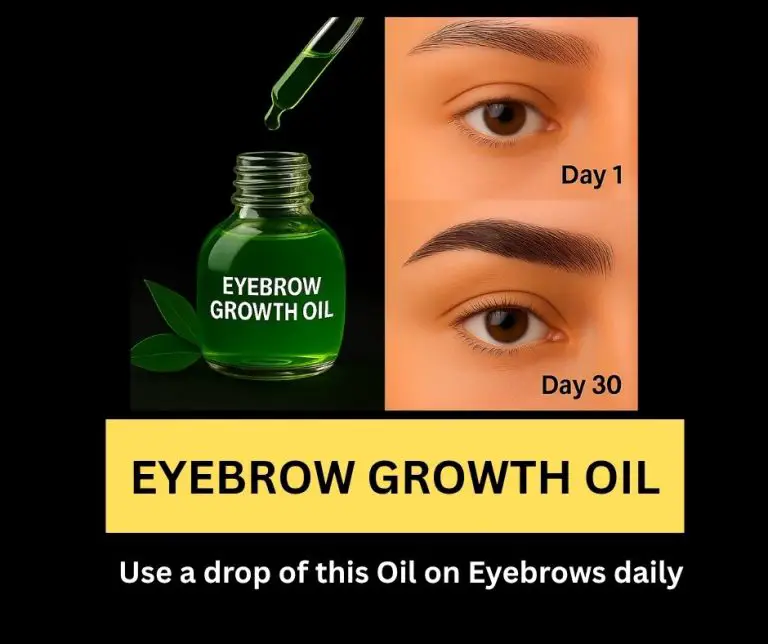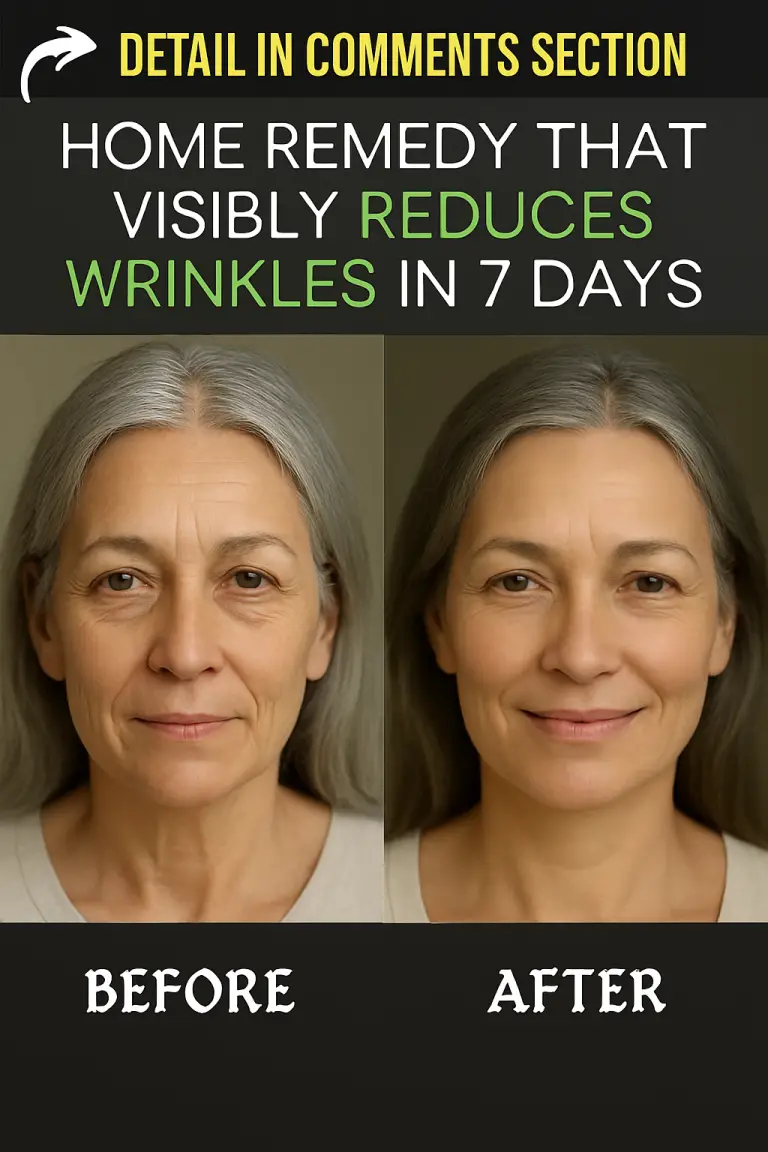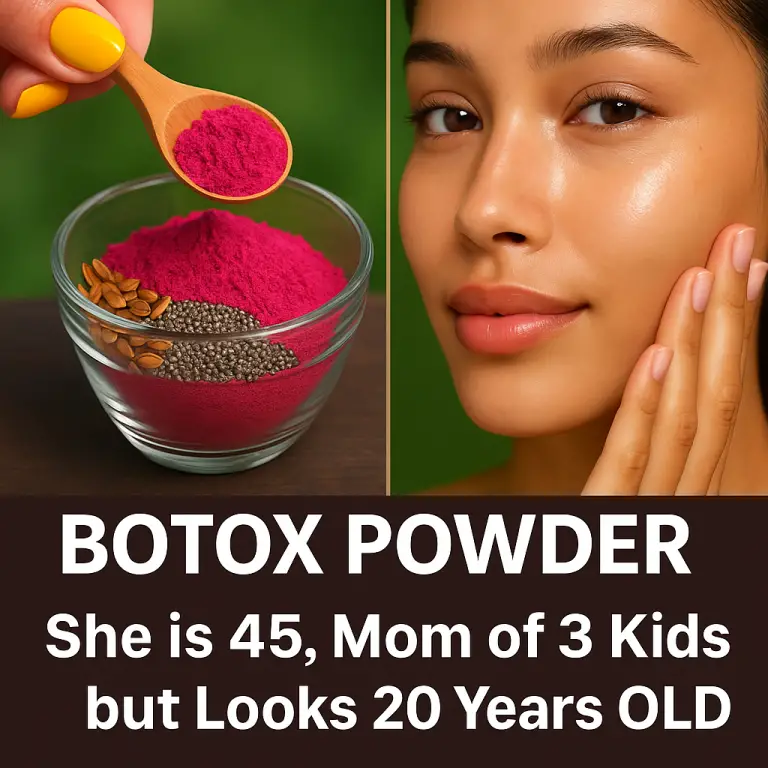5 DIY Beauty Mistakes That Are Secretly Aging You Faster
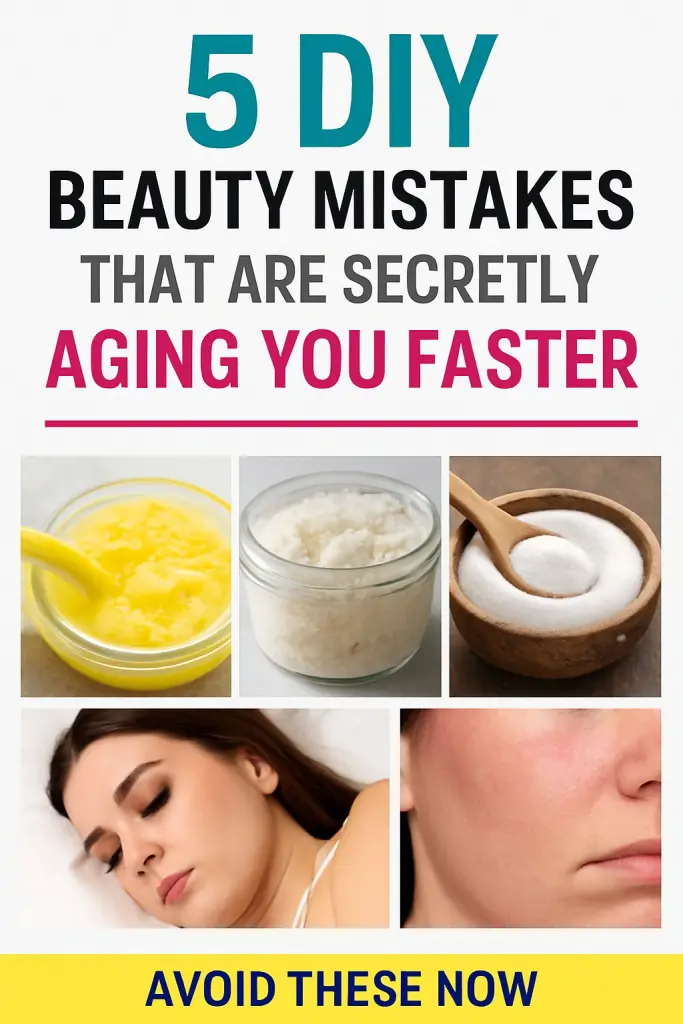
Let’s be real—DIY beauty hacks are everywhere. From TikTok “miracle” face masks to Pinterest scrubs made out of random kitchen ingredients, it feels like you can find a homemade solution for literally anything. And hey, I get it—I’ve tried my fair share too (spoiler: not all of them went well).
The problem? Some of these so-called “natural” tricks are actually doing the exact opposite of what you want. Instead of keeping your skin glowing and youthful, they might be speeding up aging. Yep, you read that right. Your innocent honey-lemon mask or DIY sugar scrub might secretly be adding fine lines, irritation, or dullness to your skin.
So, if you’ve ever wondered why your DIY efforts aren’t giving you the youthful glow you see on Instagram, pull up a chair. Let’s talk about the 5 DIY beauty mistakes that are secretly aging you faster—and what you can do instead.
1. Using Harsh Scrubs That Damage Skin
Why It’s a Problem
DIY scrubs are one of the most common at-home beauty treatments. Coffee grounds, sugar, salt—people swear by them. But here’s the catch: these particles are jagged and rough. They can cause micro-tears in your skin’s surface, which leads to irritation, redness, and yes—accelerated aging.
Think of your skin barrier like a comfy sweater. Do you really want to rub it with sandpaper? Didn’t think so.
What Happens Long-Term
- Increased sensitivity and redness
- Breakdown of collagen and elastin over time
- Skin looking dull and patchy instead of smooth
Better Alternatives
- Use a chemical exfoliant like AHAs (glycolic acid, lactic acid) or BHAs (salicylic acid). They dissolve dead skin without scrubbing it raw.
- If you must DIY, try oatmeal or rice powder—gentler options that won’t shred your skin.
👉 Bottom line: ditch the salt scrubs for your face. Your skin will thank you later.
2. Overusing Lemon Juice on Your Face
Why It’s a Problem
Ah, lemon juice. The “holy grail” of DIY skin brightening. People slap it on for dark spots, acne scars, or “glow.” But here’s the truth bomb: lemon juice has a pH of around 2. That’s insanely acidic for your skin, which naturally sits around a pH of 5.5.
When you constantly throw lemon juice on your face, you’re basically stripping your skin barrier and making it more vulnerable.
The Sneaky Side Effects
- Irritation and burning (ever feel that sting? That’s not “working”—that’s damage.)
- Photosensitivity, meaning you’re more likely to get sunburn or dark spots after sun exposure
- Long-term dryness and premature wrinkles
Better Alternatives
- For brightening, use Vitamin C serums—they’re formulated at the right pH and won’t fry your skin.
- For DIY lovers, try mashed strawberries or papaya. They contain natural enzymes that brighten without being overly acidic.
👉 Pro tip: If it stings like crazy, it’s not helping.
3. Sleeping in DIY Masks Overnight
Why It’s a Problem
There’s this popular trend of slathering on a kitchen mask and leaving it overnight for “maximum results.” I hate to break it to you, but this can be a fast-track ticket to irritation, clogged pores, and dehydration.
Most DIY ingredients (like honey, yogurt, or turmeric) aren’t formulated for extended wear. They can upset your skin’s balance when left for too long.
The Aging Factor
- Prolonged exposure to irritants = inflammation
- Chronic inflammation = collagen breakdown
- Collagen breakdown = you guessed it… fine lines and sagging
Safer Alternatives
- Keep DIY masks on for 10–15 minutes max.
- If you want overnight benefits, stick to products designed for it—like hydrating sleeping masks or retinol creams.
👉 Remember: longer doesn’t mean better.
4. Using Kitchen Oils as “Moisturizer”
Why It’s a Problem
Coconut oil, olive oil, almond oil—these are pantry staples people love slapping on their faces. While they seem “natural and nourishing,” here’s the tea: not all oils are created equal for skin.
Some oils are comedogenic (aka pore-clogging). Coconut oil, for example, has a comedogenic rating of 4 out of 5. Translation? If your skin is even slightly acne-prone, you’re asking for breakouts.
Plus, heavy oils can sit on top of the skin instead of absorbing, leading to blocked pores and dullness. Over time, this contributes to premature aging because clogged skin = stressed skin.
What to Use Instead
- Non-comedogenic oils like rosehip oil, squalane, or argan oil.
- Look for oils that are cold-pressed and formulated for skincare rather than the cooking aisle.
👉 Quick rule: Just because you can eat it doesn’t mean you should wear it on your face.
5. DIY “Natural” Botox Tricks
Why It’s a Problem
Oh yes, the internet is full of wild claims. Egg whites for instant tightening, tape across your forehead to “train” your wrinkles, even glue-based hacks (seriously, don’t). While these might give a short-term “lift,” the truth is they can actually damage your skin long-term.
Egg whites can dry out your skin like crazy, tape can cause mechanical stress on delicate areas, and random tightening tricks are no match for actual skin science.
The Real Damage
- Repeated pulling = loose skin over time
- Over-drying = loss of elasticity
- Using untested substances = unpredictable reactions
Safer Anti-Aging Moves
- Stick with proven ingredients: retinoids, peptides, hyaluronic acid.
- If you want natural DIY boosts, try aloe vera gel (hydrating), green tea masks (antioxidants), or cucumber (soothing).
👉 Spoiler: there’s no such thing as a DIY Botox. Save your skin and skip the hacks.
Final Thoughts
DIY beauty can feel fun, affordable, and empowering—until it starts working against you. The reality is, not every “natural” ingredient belongs on your face. Harsh scrubs, acidic juices, overnight masks, pore-clogging oils, and fake Botox tricks might seem harmless, but over time, they can secretly accelerate aging instead of preventing it.
The good news? You don’t have to give up DIY completely. Just be smarter about it: choose gentler ingredients, stick to short wear times, and always listen to your skin.
At the end of the day, your skin is an investment. Treat it like you would your favorite cashmere sweater—not something to experiment on with kitchen leftovers. 😉
So, next time you see a viral DIY hack, ask yourself: Is this really helping me look younger, or is it secretly making things worse? Chances are, if it burns, stings, or feels too good to be true, it probably is.


